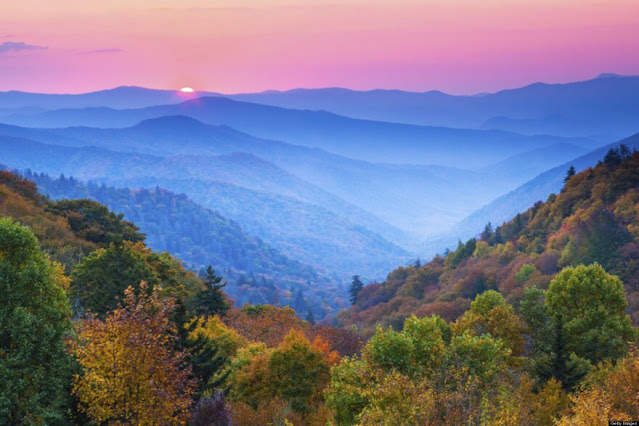Cracking the Mountain Code
Cracking the Mountain Code
An ancient Jewish Proverb says “You go to the desert to find your soul, you go to the mountain to find God.” As part of my two-year research into the Apocalypse, I found that proverb to be consistently true. Moses, the Olympians, and many other ancient cultures regularly identified and associated mountains and mountain ranges with God and other deities. While only 10% of the world’s population lives in mountainous regions, more than half of humanity depends on drinking water originating from mountain sources.
The search for coal-powered electricity led me to the nearby Appalachia Mountains. Geologically speaking, both my hometown of Front Royal, Virginia and my alma-mater of Virginia Tech are part of the broader Appalachia Mountain ranges. However, they are not usually included as part of the traditional Appalachian Regional Commission. The Appalachian Regional Commission, or ARC, consists of 408 counties in 14 different states, with more than 20 million people.
The Appalachia Region is extremely wealthy in cultural aspects, such as music, dancing, religion, and sports like wrestling. However, the Appalachia Region has historically been among the economically poorest areas in the country. In the 1960’s Appalachia was often compared with third-world living standards. Today, the average male’s earned income in Appalachia is between $30,000 and $35,000, while the per capita income is around half that at $15,000.
The problems of Appalachia are typically what is seen in the more broader rural areas of America. A small handful of politicians and corporate business leaders exploit the local natural resources, and do almost nothing to improve the infrastructure, schools, libraries, healthcare, or churches and other non-profit civic organizations. The vast majority of the local population shares very little in the benefits of the local natural resources. They might get a job for a couple decades that barely gets them off welfare and other government assistance, but it is usually only short-lived gains. Unfortunately, with Washington D.C. at near 100-year debt-levels, there will be very little financial assistance coming from the Capitol.
Luckily, the personal computers, laptops, internet, and other technologies are available today. These technologies were not available in the 1960’s, and only became readily available in the mid 1990’s. Today’s $2,000 Windows PC has 40x(times) the computing capability of an $8 million supercomputer of the late 1970’s. The computing capabilities of modern Windows PC’s fundamentally alters and changes the economic prospects of the Appalachia Region and other rural areas.
Online college degree programs, alone, can significantly raise the standard of living of Appalachia and other rural areas. It is now possible to obtain an online Ph.D. Doctorate degree in Earth Science, Astronomy, Geology, Economics, Theology, Philosophy, Agribusiness, E-commerce, Wildlife Management and Conservation, Nursing and Healthcare, Sociology, Politics and Public Policy, Education, English and Literature, Military Science, Hospitality Management, Computer Science, et-cetara. You can, also, obtain a $40,000 online correspondence law degree and become a fully-licensed practicing attorney. Online college degree programs can single-handedly raise the standard of living in many remote Appalachian Communities and other rural areas.
Mountain living is very different if you have modern Windows PC’s and the internet. Cracking the mountain code, or crossing the digital divide, can mean the difference of living in a 1960’s third-world-like situation, or getting an advanced online degree and living a modern middle-class lifestyle.




Comments
Post a Comment